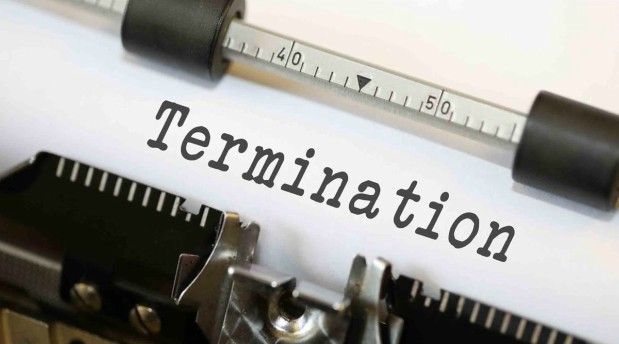Baldor Disputes Discrimination Allegations, But Settles For $2 Million And Jobs For The Affected
Post Views 1
A spokeswoman for the company contended that it was easier to settle rather than fight the allegation.
The settlement agreement includes back wages, interest and probable job offers for 795 women and minority applicants who were reportedly denied positions at the company.
The U.S. Department of Labor’s Office of Federal Contract Compliance Programs announced on Monday (June 25) that the company infringed Executive Order 11246 “by creating a disparate impact on women and minorities. As a result, 795 qualified women, African-Americans and job seekers of Asian and Hispanic descent were denied the opportunity to advance to the interview stage when applying for production and laborer positions.”
In a news release, the Labor Department’s Office of Federal Contract Compliance Programs said its investigators had concluded that Baldor’s applicant screening process created “a disparate impact on women and minorities.”
“As a result, 795 qualified women, African-Americans and job seekers of Asian and Hispanic descent were denied the opportunity to advance to the interview stage when applying for production and laborer positions,” the Labor Department said.
The Department of Labor’s compliance program mandates that every owner who employs more than 50 employees and has $50,000 or more in government contracts must develop an affirmative action plan for all its locations.
Baldor Electric, which is owned by Zurich, Switzerland-based ABB Ltd., manufactures industrial motors and generators. The company has federal contracts in excess of $18 million. Between 1997 and 2010, Baldor received $79 million to produce batteries and generators for federal agencies including GSA, the Justice Department and the Army.
“Discrimination is preventable when employers have certain processes in place and see to it that they are followed,” said OFCCP Director Patricia A. Shiu. “That’s why it’s so important for federal contractors to implement their affirmative action programs, keep accurate employment records and commit to ending barriers to fair employment. A proactive strategy is the best way to guarantee that all workers have an equal opportunity to succeed in the workplace. Plus, it’s the law.”
The deal saw, Baldor agreeing to pay $2 million in back wages and interest to the affected individuals. Moreover, they will make a minimum of 50 job offers to members of the original class as and when opening come up. DOL said that Baldor is also required to “undertake extensive self-monitoring measures to ensure that all hiring practices fully comply with the law, including record-keeping requirements.”
Secretary of Labor Hilda L. Solis issued a statement saying, “I am pleased with this settlement, which reflects a mutual commitment between the Department of Labor and the leadership of Baldor to ensure that all workers have a fair and equal shot at competing for good jobs. Our shared goal is to create lasting change so that anyone who comes looking for work at Baldor can be sure that discrimination will never be a factor in determining who gets the job.”
Baldor disputed the allegations and its spokeswoman Tracy Long said that the DOL review and findings were based only on statistical analysis. “It was pure modeling. … We never had any complaints from this group. There were no complaints,” Long said. “I think most folks in our area know that Baldor has always been committed to doing the right thing, for our communities and the people who work for us.”
She said that what prompted the company to accept the deal was that they did not want to prolong the matter any further. “Rather than go through anything lengthier or more expensive, we decided we’d just like to be done with it,” she clarified.
Long hinted that the action taken by DOl, would dissuade companies from manufacturing within the country, saying the “actions taken by them (DOL) could convince a company that it’s easier to take their operations offshore, but that’s not what Baldor wants to do. … We’re committed to keeping those (manufacturing operations) in the U.S., and taking care of our people here.”
Baldor Disputes Discrimination Allegations, But Settles For $2 Million And Jobs For The Affected by Harrison Barnes


 Cutting Full-Time Employee Hours Can Get You Sued
Cutting Full-Time Employee Hours Can Get You Sued  Telecommuting Doesn’t Work for All Jobs
Telecommuting Doesn’t Work for All Jobs  Is It Legal to Refuse to Hire Smokers?
Is It Legal to Refuse to Hire Smokers?  Home Depot Sued by Two Former Female Employees for Sexual Discrimination
Home Depot Sued by Two Former Female Employees for Sexual Discrimination  10 Steps to Properly Fire an Employee
10 Steps to Properly Fire an Employee  The New Trend of Defamation Lawsuits
The New Trend of Defamation Lawsuits  Fake FMLA Requests Can Be Overcome
Fake FMLA Requests Can Be Overcome